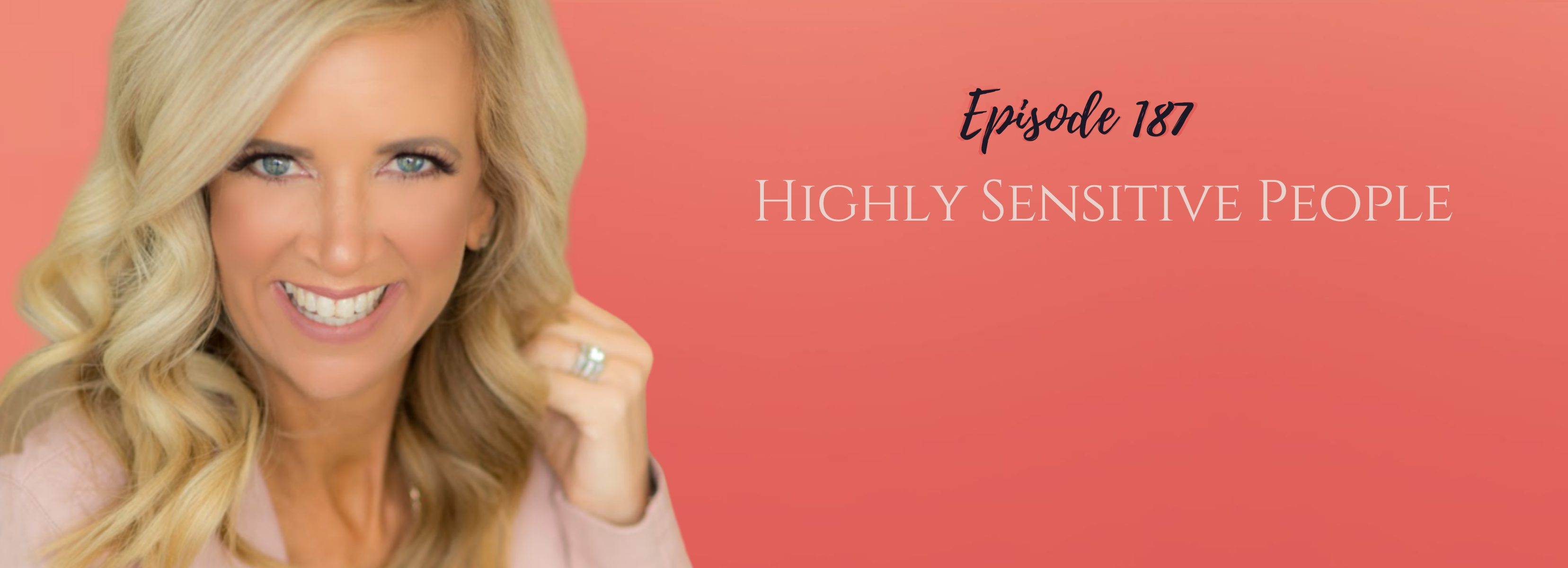
Highly Sensitive People with Rachel Butler Dorneanu, LPC, NCC| 11.16.2022
In this episode, Kristen talks about Rachel Butler Dorneanu, LPC, NCC, about understanding a highly senstive person (HSP) and some self-care practices and coping strategies for HSP.
You'll Learn
- What it feels like to be a highly sensitive person
- Some signs of a highly sensitive person
- How to cope with stress when you are a HSP
Resources
www.sagecounselingtherapyandwellness.com
For counseling services near Indianapolis, IN, visit www.pathwaystohealingcounseling.com.
Subscribe and Get a free 5-day journal at www.kristendboice.com/freeresources to begin closing the chapter on what doesn’t serve you and open the door to the real you.
Subscribe to the Close the Chapter YouTube Channel
This information is being provided to you for educational and informational purposes only. It is being provided to you to educate you about ideas on stress management and as a self-help tool for your own use. It is not psychotherapy/counseling in any form.